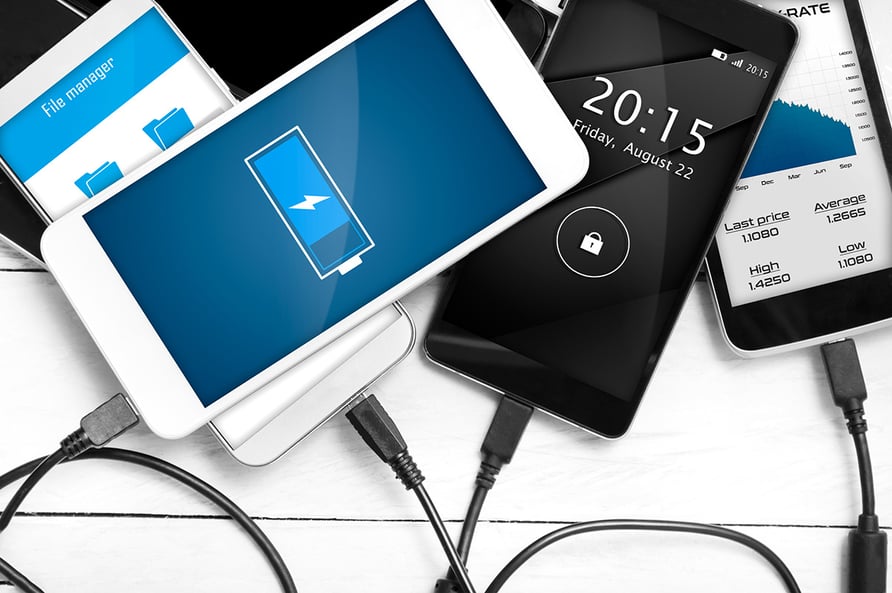
As we enter the time of year where so many of us like to travel, give some consideration to smartphone charging, security and logistics.
Our smartphones are far more than mobile phones now. They track our health information, store our passwords and carry the majority of our conversations with friends and family. Their usefulness has been further increased with the addition of mobile apps - software applications that provide further functionality to our phones.
This increased dependence on our smartphones is an opportunity for malicious actors to access your private data, security data, and the money of you and your friends and family.
What is Juice Jacking and is it contagious?
"Juice jacking" is the practice of providing a way for people to charge their phones as bait for getting access to their smartphone data.
Especially while travelling, people are likely to be looking for a place to charge their smartphones while they are away from home for extended periods.
When smartphone users see a conveniently-placed charging station and cable, they are unlikely to consider the risks of connecting their phone to a cable that may be connected to another mobile phone or PC that could clone, access or drop malware on their unsuspecting mobile.
What can I do to prevent Juice Jacking?
The most obvious way to avoid Juice Jacking is to minimise the need to charge your phone when out and about.
Read more: SOS - Save Our Smartphones! 7 battery saving tips
If you must charge your phone away from your home and other safe places, consider the following:
- Carry your own portable battery booster, many of which now support fast charging.
- Use your own cable where possible, as the cables themselves can be used as the attack method.
- Run anti-malware programs on you smartphone, just as you do on your PC. Check your security settings in your phone operating system to make sure you are prompted if any external device is trying to access your data.
- Keep your phone locked, and ideally use biometric methods such as fingerprints as your unlock method.
- Update your phone and apps regularly to be certain you have the most recent security patches.
- Uninstall any unwanted/unnecessary apps to reduce your "attack surface", i.e. reduce the number of ways you can be compromised.
I need advice about my mobile device security
Talk to our Carrier Service Solutions (CSS) specialists today for help on making your mobile fleet more secure for travel or at home, or to replace an aging and vulnerable smartphone.
Give us a call on 1300 307 907 or contact us via the form below.




